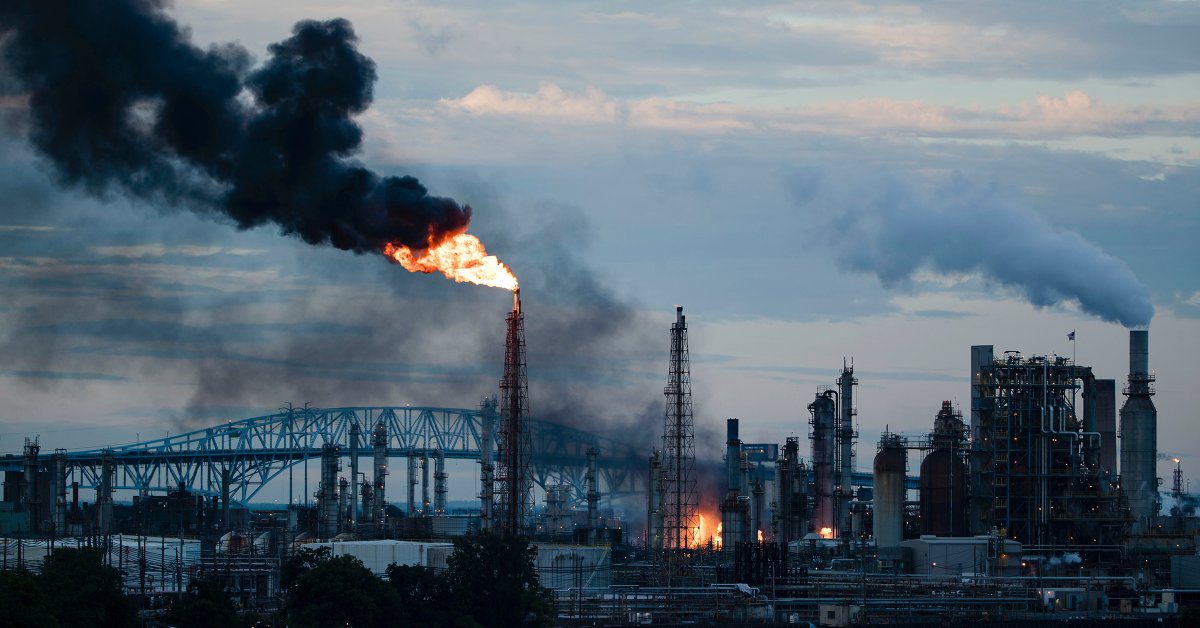
Civil Rights Complaints Are Filed Against Chicago Concerning Environmental Racism
Photo Courtesy of The Associated Press
Chicago residents are taking legal action against the city for environmental racism occurring in the relocation of industrial polluters into low-income communities of color.
The Southeast Side of Chicago is added to the list of predominately minority cities in the country that are victims of harmful environmental acts. General Iron, a scrap shedder, is the focus of the complaints as they made plans to move from a wealthy, mostly white neighborhood to a location along the Calumet River, where many Blacks and Latinos live.
Residents of the North Side town, Lincoln Park, complained about odors and automobile parts floating into their homes. By voicing their concerns, they were able to remove the company from the area, however, it came at the expense of the health in minority communities.
Chicago activists are calling for stricter permit requirements for these industries before they’re able to operate in certain neighborhoods. The mayor of Chicago, Lori Lightfoot, is listening and planning to enact some of the demands that are being brought to her. Although the companies say that they’ll be offering jobs to the residents in the neighborhood, locals feel as if there’s not future for them and are aiming to move elsewhere for a better quality of life.
In an article with Environmental Health Perspectives, written in 2012, it was discovered that people of color were exposed to higher levels of particulate matter than white people. The lack of care for communities that have been living in areas where these industrial polluters choose to operate from, has been transpiring for decades.
A popular region that’s a part of the environmental racism topic is known as Cancer Alley. This 85-mile-long path is located along the Mississippi River between Baton Rouge and New Orleans, with plenty of largely African American neighborhoods. Established in 1987 with numerous industrial plants, many noticed that cancer and other illnesses were wiping out natives of the area. Residents of the “alley” are 50 times more likely to get cancer than the average American.
Trymaine Lee, with MSNBC, wrote that some died while others “packed up and moved when the air got too thick or too nasty for their little ones to handle.” The effect of Exxon Mobil, and other plants moving there can be felt currently as the region has one of the highest COVID-19 death rates in the country.
Low-income neighborhoods already have numerous issues to deal with as most try to survive day-to-day, but with industrial corporations moving in, it gives residents another big issue to focus on.


